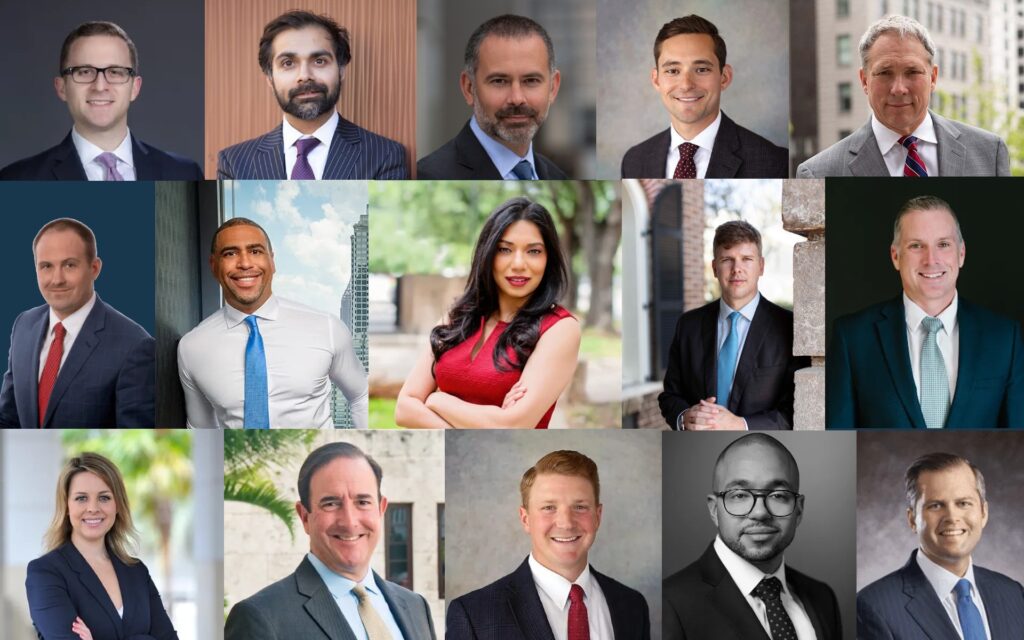
While you are probably aware that human and sex trafficking is a serious problem in countries such as Thailand and India, you may not have known that it is a large problem here in the United States. While abuse lawyers like those at AbuseGuardian.com can help victims of human and sex trafficking take legal action against their captors, trafficking is an issue that has sadly gone widely unnoticed in America.
Asian Americans are disproportionally trafficked into sex work in America. According to the U.S. Department of Justice, about 7,800 Asians and Pacific Islanders were trafficked into America out of an estimated 14,500-17,500 people.
Trafficking of a people is defined as the transportation, recruitment, transfer, harboring or receipt of people by means of threat or the use of force or other forms of fraud, deception, coercion, or abduction. The purpose of trafficking is to exploit people for the use of labor, sex work, and even the removal of organs for the purpose of selling them. Sex trafficking is a subset of human trafficking.
This horrific form of slavery is far more prevalent than most would assume. Here are some facts and figures that may surprise you.
One of the first documented cases of sex trafficking occurred in the red light district of San Francisco during the gold rush of 1849. Young Chinese girls were brought to this area, called the Barbary Coast, by Chinese merchants, and were raised to prostitute themselves. They were fed opium, and when they aged enough to be considered "unattractive," they were placed in a room with enough drugs to overdose. If they chose not to overdose, they either starved to death, or were murdered.
Currently, asians are being trafficked into otherwise innocuous workplaces and are forced to perform sex acts. Some are forced to work at motels and hotels, and are ushered into rooms to perform sex acts when they are not working long hours at these establishments.
In addition, fake massage parlors have become a hotbed for the sex slavery of asians in America. Captors and traders of sex slaves use a variety of methods to obtain and keep sex slaves:
According to the U.S. Department of State, there are many things the average person can do to prevent and stop human trafficking.
There are a number laws that are currently in place to protect victims of trafficking and to prevent human trafficking from happening now and in the future.


